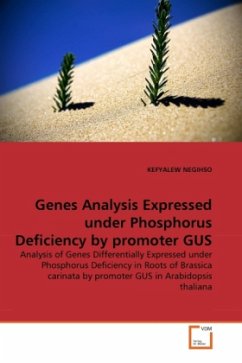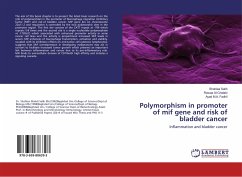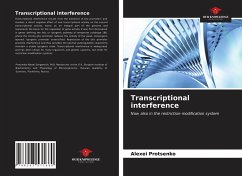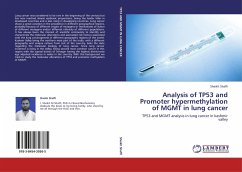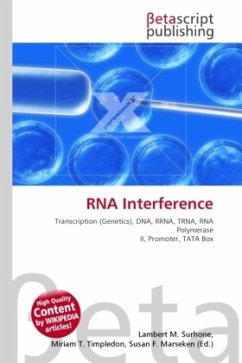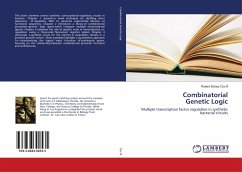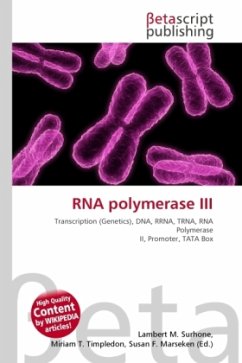
The Promoter Variant -1639 G A in the VKORC1 Gene
Influence on Gene Expression in HepG2 Cells
Versandkostenfrei!
Versandfertig in 6-10 Tagen
32,99 €
inkl. MwSt.

PAYBACK Punkte
16 °P sammeln!
Due to its vital functions in the vitamin-K- metabolism the gene VKORC1 has recently become a popular subject of genetic and medical research. The enzyme expressed by the gene influences the activity of clotting factors and thus of blood clotting. Some polymorphisms that have been discovered in VKORC1 seem to alter expression levels and additionally influence the organism's reaction to oral anticoagulants. Presumably they also influence the risk for cardiovascular diseases, such as thrombosis. Still, it is yet unclear which genetic variants are in fact biologically relevant. The work at hand f...
Due to its vital functions in the vitamin-K- metabolism the gene VKORC1 has recently become a popular subject of genetic and medical research. The enzyme expressed by the gene influences the activity of clotting factors and thus of blood clotting. Some polymorphisms that have been discovered in VKORC1 seem to alter expression levels and additionally influence the organism's reaction to oral anticoagulants. Presumably they also influence the risk for cardiovascular diseases, such as thrombosis. Still, it is yet unclear which genetic variants are in fact biologically relevant. The work at hand focuses on the polymorphism G-1639A and its influence on a liver cell line. Furthermore it is supposed to give an insight into genetic methods currently used in scientific research.




